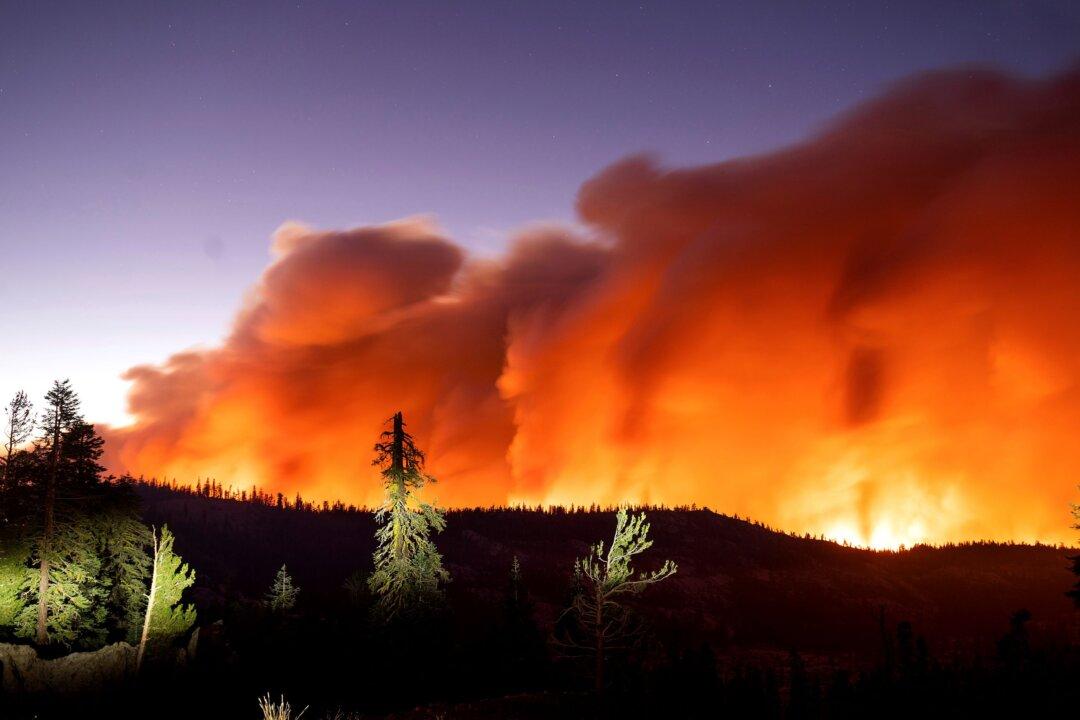Commentary
The recent treatment of two studies on climate change demonstrate just how corrupt the field of climate science has become.

The recent treatment of two studies on climate change demonstrate just how corrupt the field of climate science has become.